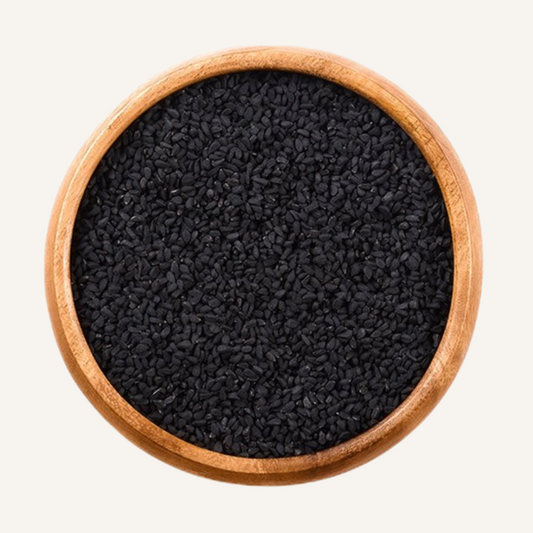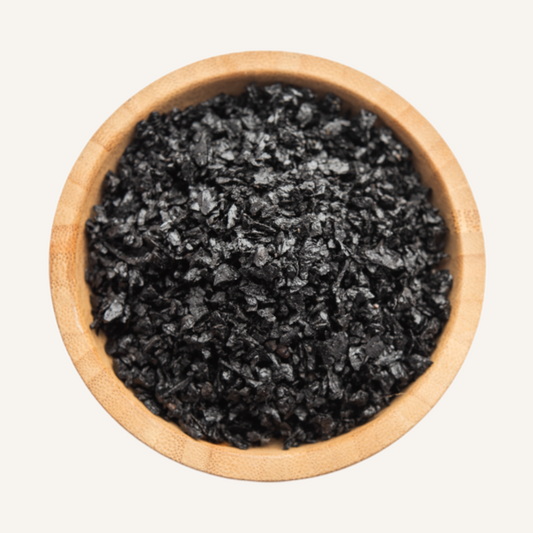
Ramadan: Fasting, Faith, and Holistic Wellbeing
Abdullaah KhanShare
Ramadan, the ninth month of the Islamic calendar, is a time when Muslims around the world fast from dawn until sunset. More than just refraining from food and drink, it’s a month devoted to heightened spirituality, charity, self-reflection, and community bonds.
Beyond its religious importance, Ramadan offers a unique opportunity to embrace mindful living and explore potential health benefits, both physical and emotional.
The Spiritual Essence of Ramadan
At its core, fasting in Ramadan is about self-discipline and purification. By abstaining from sustenance during daylight hours, Muslims are reminded of the privileges they often take for granted, cultivating empathy towards those less fortunate. The spiritual rewards are manifold:
-
Strengthening Faith
Fasting shifts focus away from worldly distractions and onto prayer, reflection, and recitation of the Qur’an.
-
Boosting Gratitude
As hunger and thirst become tangible, individuals develop a deeper appreciation for life’s essentials.
-
Nurturing Compassion
Charity (Zakat) and communal iftars (breaking the fast) foster a spirit of generosity and unity with others.
In essence, Ramadan serves as a spiritual detox—an invitation to reset and seek a more meaningful connection with the Divine.
Health Benefits of Fasting
While the spiritual dimension is paramount, there are potential health benefits associated with Ramadan fasting when approached sensibly:
-
Weight Management
Some people find that controlled fasting can help regulate calorie intake and support weight goals, though results vary widely.
-
Metabolic Tune-Up
Research suggests that intermittent fasting periods, similar to Ramadan, may help improve insulin sensitivity and support metabolic health.
-
Enhanced Mental Clarity
Many individuals report feeling more mentally focused and alert, particularly during the latter part of the fast when the body adapts to a new routine.
It’s important to note that these benefits typically emerge alongside a balanced approach, opting for nutrient-dense meals at suhoor (pre-dawn) and iftar (sunset).
Overindulging in deep-fried or sugary foods can diminish these advantages.
Mindful Eating During Ramadan
One key aspect of staying healthy during this month is mindful eating. Consider these tips:
-
Suhoor (Pre-Dawn Meal)
Aim for a balanced meal that includes complex carbohydrates, fibre, and lean protein, such as porridge with Organic Raw Black Seeds (Nigella sativa) from Sweet Health or eggs on wholemeal toast.
-
Iftar (Breaking Fast)
Start with dates and water to gently reintroduce glucose, then move on to protein, vegetables, and wholegrains. A drizzle of Virgin Cold Pressed Egyptian Black Seed Oil over roast vegetables can add a nutritious twist.
-
Hydration
Sip water steadily throughout non-fasting hours. Consider herbal teas or water infused with lemon slices and a pinch of Himalayan Pink Salt to replenish electrolytes, particularly if you’re active.
Emotional and Mental Wellbeing
Ramadan can be a time of emotional release. The act of fasting often challenges people’s patience, resilience, and self-restraint, prompting growth and self-awareness. Coupled with extra acts of worship, it can uplift mood and encourage a deeper sense of community belonging.
Yet, fatigue or irritability may also surface, especially in the early days. Listening to your body and striking a balance—whether by taking short naps or reducing screen time—can help you navigate potential emotional lows.
Looking Ahead..
Use Ramadan as a catalyst for adopting healthier habits—both in your diet and lifestyle. In the coming articles, we’ll delve deeper into nutrition tips, recipe ideas, and the spiritual wisdom that can inspire you well beyond these 30 days.
References and Disclaimer
-
NHS (2023). Healthy Eating.
-
World Health Organization (2022). Ramadan Healthy Practices.
-
Harvard T.H. Chan School of Public Health (2021). Intermittent Fasting Research.
(Disclaimer: This article is for general information and does not replace professional medical or religious advice. If you have existing health conditions, consult a healthcare professional before fasting.)








